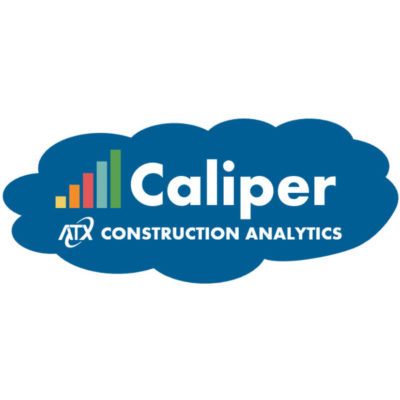By Trey Binette
The Community Development Financial Institution (CDFI) industry is growing rapidly—mainly due to an increase in available capital to meet the continued demand for community development. As a result, many CDFIs have reached a point where their technology environments need to be upgraded to match the growth, which continues to scale at an accelerating pace.
To help our CDFI clients take on this challenge, ATX has continued to delve deeper into the business models of CDFIs serving both consumers and businesses. We have also developed expertise in the technologies required to improve business operations and to prepare CDFIs to take the next step in their scaling process.
The accelerated growth experienced by CDFIs over the last decade—and particularly over the last couple of years—has been due to the increase of available capital from governments and private enterprises focused on economic development. Several CDFIs are currently trying to service a greater demand than their operational capacity. This has created several volume challenges that place new demands on existing systems:
- Coordinating the influx of origination and underwriting requests.
- Handling loan servicing requirements connected to growing portfolios.
- Provisioning new loan products developed in response to market changes.
- Increasing the sophistication of measurement and analysis of portfolio data.
- Meeting greater demands of new investors to see performance and impact data.
- Managing grants along with donor and investor expectations.
Consequently, these challenges have led many CDFIs to expand their offerings, which presents a new set of challenges. These include contending with new underwriting rules, interacting with a broader consumer base, and trying to cover a wider geography or demographic market.
 Multiple Technologies Difficult to Integrate
Multiple Technologies Difficult to Integrate
In the effort to solve these challenges, most CDFIs deployed enterprise application platforms to drive their primary operational workflows—ranging from origination to loan servicing, financial accounting, human resources, and payroll. CDFIs that have implemented advanced technologies can also support additional functions—such as underwriting, credit decisioning, and spreading, as well as portals for borrowers, investors, and the board of directors.
Some CDFIS may have also implemented systems for technical assistance tracking and portfolio analysis. But with so many technologies deployed, CDFIs often find themselves contending with a lack of integration among systems—data has to be manually entered to get from one system to another.
This makes it difficult to centralize analysis. Managers end up copying data from multiple applications into a spreadsheet to get the reports they need to make decisions on key issues such as cash flow and deployment tracking.
Developing report attributes and generating them in an automated fashion is made more challenging given that the many constituents CDFIs answer to have different analysis requirements. The result is that it’s difficult to quantify the impact of loan programs and the benefits customers receive from their loans.
The Power of Analytics
ATX helps CDFIs take on the challenges of not only assessing, selecting and implementing CDFI technologies, but also the analytics software that increases the usefulness of CDFI reporting. The analytics include more visible reporting, better community development tracking, and accessible key performance indicators for tracking and business planning.
By generating accurate, real-time data, that combines data across multiple lending technologies, our Caliper CDFI Analytics solution gives CDFIs more time to focus on customers and the impact of loans. And that increases the benefits delivered to the communities that CDFIs serve—so that low-income and other disadvantaged people can join the economic mainstream.
For more information on how ATX can help, visit our CDFI web page or check out my last blog entry, Software Options for Streamlining CDFI Operations. You can also reach out to me directly at trey.binette@atxadvisory.com.




